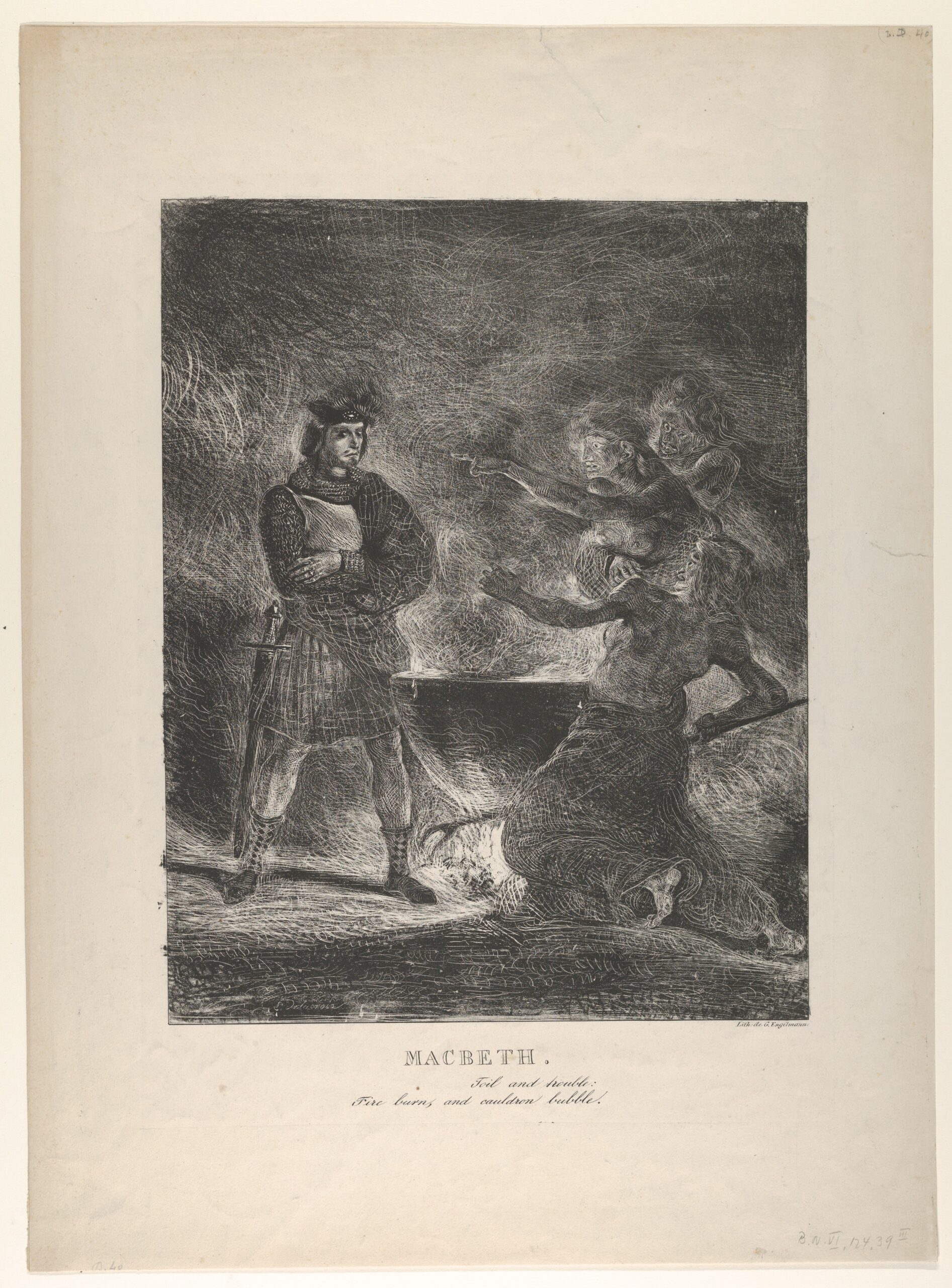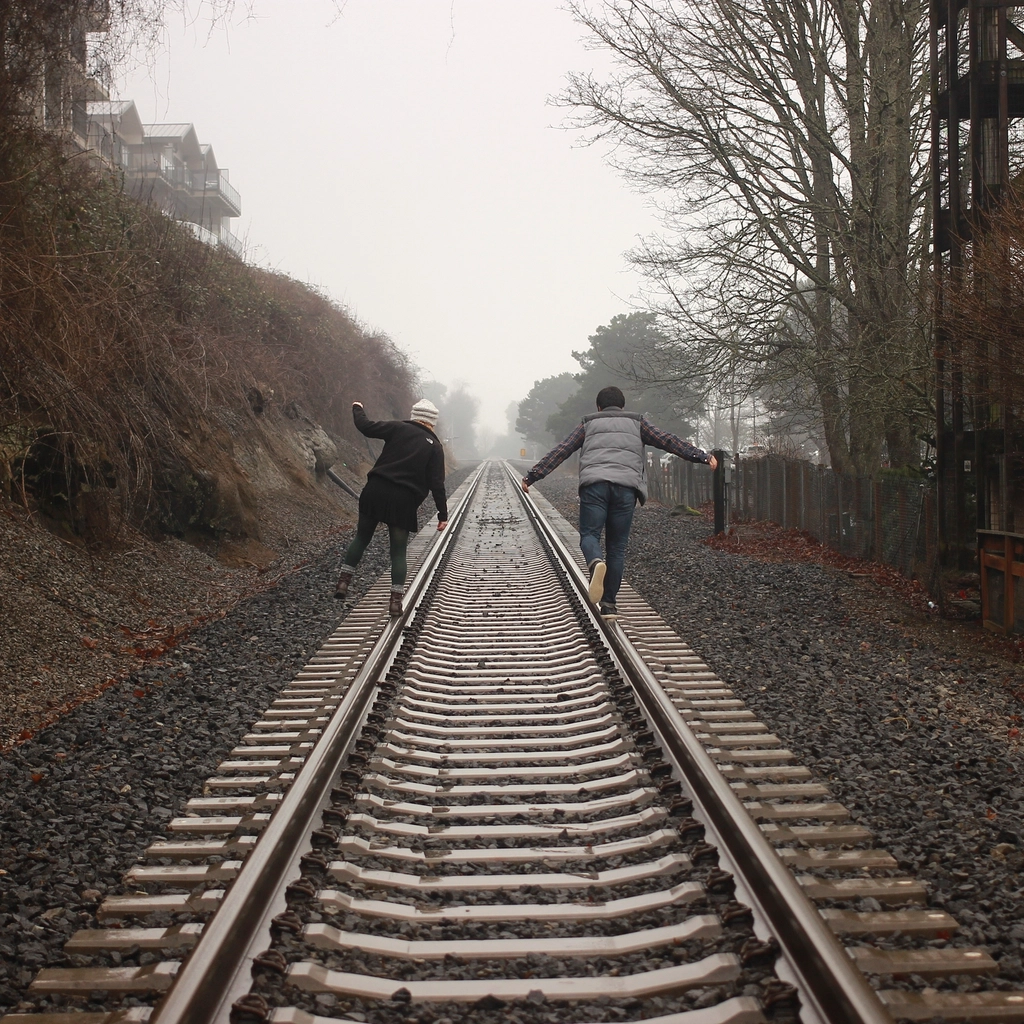What we love about music is not that it sounds good. What we love about music is that it sounds inevitable. It’s playing the thing that we all know is unfolding. Whether we want to accept it or not. And it’s there always.
You just need to harness it. Be open to it.
Jon Batiste
This quote from Jon Batiste in the documentary American Symphony really struck a nerve with me, I think in part because it expresses something deeply true of all great art. Whether depicted in images, in music, or in words on a page, we may love the humor, the horror, or the beauty of what we experience…but great art feels wonderfully inevitable, as if the way it plays out was simultaneously surprising and pre-ordained.
Inevitability vs. choice
Consider the ending of your favorite book, play, or movie. Holden Caulfield sitting in the rain, watching Phoebe ride the carousel. Nick reflecting on the green light and Gatsby’s lost dreams. Michael Corleone closing the door on Kay. Hamlet dying in Horatio’s arms. Quite possibly you first experienced these endings so long ago that you can’t even remember your initial reaction, but in all likelihood, buried under other emotions was the sense that these endings simply had to play out as they did.
They were in some sense inevitable.
But that sense of inevitability, of destiny, has a fascinating flip side. Not to get too metaphysical on you, but we all struggle with the interplay of inevitability (i.e., destiny) and personal choice. Macbeth is “destined” to be king, but he chooses to murder Duncan.

Macbeth Consulting the Witches by Eugène Delacroix is licensed under CC-CC0 1.0
Harry Potter may be destined to confront Voldemort, but he struggles to decide whether to run or face his destiny. In Harry Potter and the Order of the Phoenix, he even seeks out clues that it’s not really his destiny after all. But Dumbledore tells Harry that Voldemort unwittingly picked Harry as his nemesis.
“He chose the boy he thought most likely to be a danger to him.”
In other words, Voldemort’s choices forged their mutually inevitable destiny. One that neither of them can escape.
Each decision that a character makes forges their reality, and in so doing those very choices create the inevitability that drives them toward their destiny.
That moment of choice
Some stories include a moment — frequently just at the cusp of the third act — where the protagonist has the chance of getting away scot-free. You may find yourself screaming at them: “Just take the money and get out of town. Forget about the girl! She’s bad news.” But they can’t ignore the girl. Or they just have to find out whodunnit. Or maybe they have to recover that sentimental keepsake.
Almost inevitably they ignore your entreaty. And they land up back in trouble.
That character made a choice. But if handled well, it’s not really a choice: it’s the inevitability of character. The character has no real choice but to face their destiny, to go back for the girl, to confront Voldemort.
In a previous post, I explained that plot inherently intertwines with character. Characters and their stories suit one another like two sides of a coin, like interlocking jigsaw puzzle pieces. So a story must be constructed to harness the internal and external forces that require characters to make decisions that are (for them) inevitable.
Character physics
Well-crafted characters behave according to a sort of physics: with the correct inputs applied, one can predict certain outcomes.

Photo by Pixabay on Pexels.com
But…
…if the audience actually predicts the outcome, there’s a good chance that you’ve lost them.
Even if we know what will happen (for example, if your story is about a well-known historical event) we want to be surprised seeing how it happens.
We’ve all seen or read stories where we roll our eyes and think “well, obviously she’s gonna find out about the lie, and then they’ll break up, and then they’ll realize they need each other and get back together.” Or where the hero spares the bad guy simply because “that’s what good guys do.” In TV shows when I was growing up, in a situation of mortal peril, the good guy would always (inevitably) throw away the gun. I mean, seriously?!
And this is where the real artistry lies: writing compelling characters requires that those input/output properties not be too blindingly obvious.
Balancing forces
So your job as a writer is to make the inevitable seem surprising.

In this sense, any well-crafted plot with well-crafted characters is like a murder mystery: after the fact, the reader should be able to look back on the story and think “of course! That was the only possible outcome. Why didn’t I see that coming?” The answer: you planted the clues artfully, making reference to the character’s weaknesses, their loves, their needs, their fears without rubbing the audience’s nose in them.
(Though in fairness, the Pulp Fiction example above ain’t all that subtle about the importance of Bruce Willis’ watch.)
If you properly balance these character properties against the world forces they face — if they confront choices which on reflection could only possibly yield one decision — then the inevitable can also be surprising.
I write about writing, about my work-in-progress novel, and about my hometown of San Francisco, among other things.
If you find this at all interesting, please consider subscribing to my blog.

Leave a Reply